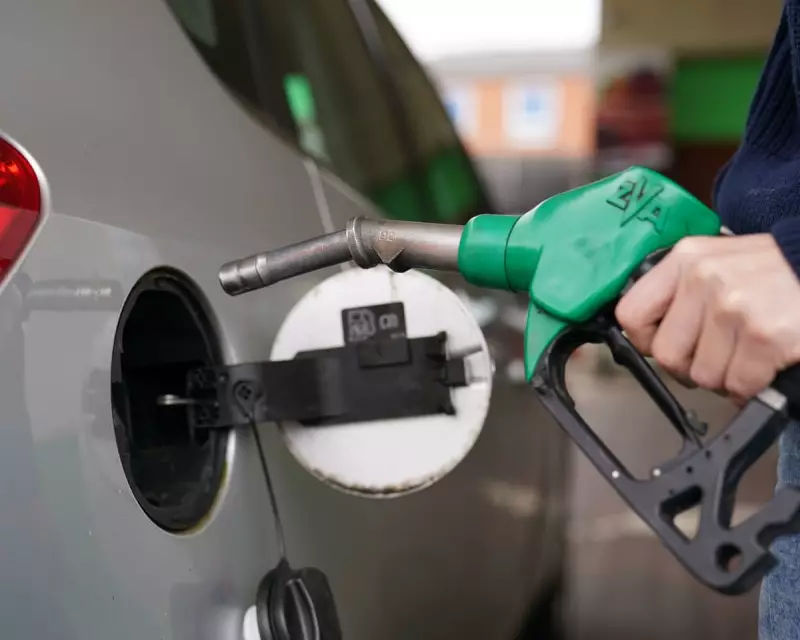
Chancellor Rachel Reeves has announced a five-month extension to the fuel duty freeze, pushing a planned rise to September 2026, while simultaneously confirming a new pay-per-mile charge for electric vehicles.
The Fuel Duty Timeline
In her Budget statement, the Chancellor confirmed that fuel duty will be frozen in April at its current rate of 52.95p per litre for both petrol and diesel. This marks the 16th consecutive year without an increase. However, the so-called 'temporary' 5p cut introduced by Rishi Sunak will be reversed in stages starting from September 2026.
The Office for Budget Responsibility (OBR) stated that continuing the freeze until September and then phasing out the 5p cut will cost the Treasury an extra £2.4 billion next year and £900 million annually thereafter. Despite the cost, the move is expected to reduce the UK's CPI inflation by 0.1 percentage points.
A New Road Tax System for Electric Cars
From the 2028-29 financial year, a new mileage-based levy will be introduced for electric vehicles. Fully electric cars will be charged 3p per mile, while plug-in hybrids will pay 1.5p per mile. This additional Electric Vehicle Excise Duty (VED) will be payable alongside existing road tax.
Reeves told the Commons, "Because all cars contribute to the wear and tear on our roads, I will ensure that drivers are taxed according to how much they drive and not just by the type of car they own." She stated that the revenue would help "double road maintenance funding in England over the course of this parliament."
The new EV charge is projected to raise £1.1 billion in 2028-29, increasing to £1.9 billion by 2030-31.
Supporting the Transition and Other Measures
Addressing concerns that the new charge could disincentivise the switch to greener transport, the Chancellor announced several support measures. These include increasing the threshold for the 'luxury car tax' to £50,000 for EVs and providing an additional £1.3 billion in funding for the electric car grant, extending it to 2030.
She also pledged to accelerate the rollout of public EV charging points and exemptions from business rates, though she did not lower VAT on public charging to match domestic electricity rates, disappointing some industry advocates.
Other transport announcements included extending the £3 bus fare cap and freezing rail fares for the first time in 30 years. The government will also close a VAT loophole for many taxis outside London, which could lead to fare increases, a move described by the Licensed Taxi Drivers' Association as "a landmark moment for fairness."
The eventual rise in fuel duty is strategically intended to maintain a cost differential between traditional and electric vehicles, with fuel duty currently costing around 6p a mile on average, ensuring EVs remain an attractive option for motorists even with the new per-mile charge.





